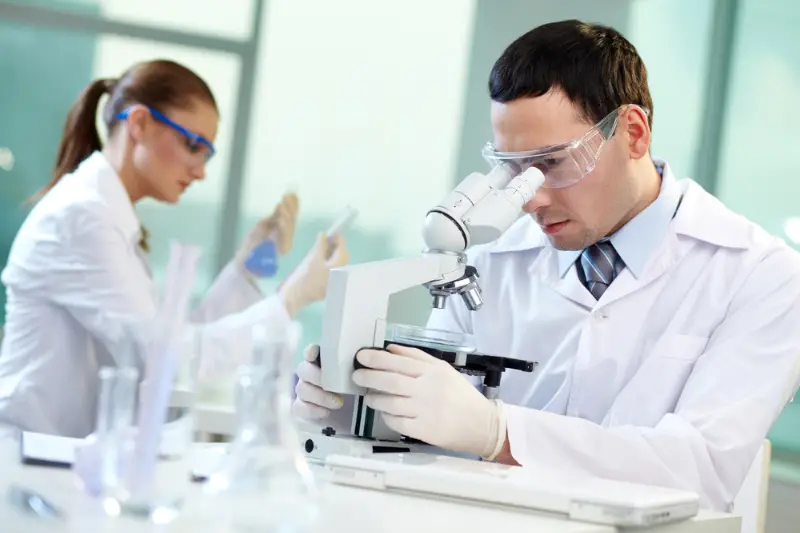Click here to get this post in PDF
One of the typical applications of clinical bioanalysis is the support of drug discovery through development to the clinical phases that are required to bring a new drug or treatment to the point it is considered safe to use and its limitations are understood.
Bioanalysis is used to quantify the levels of a drug after administration and in many cases the estimation of metabolite levels. In addition, biomarkers – biological molecules affected by the test substance – are also often tested within clinical trial bioanalysis.
Drug Development
Drug Development is a costly process, and many drugs fail at the earliest stage, so it is essential to fully assess the safety implications and reactivity factors involved throughout the process and make changes where conditions dictate. The need to remove and reduce risks in the process is essential, which means your choice of bioanalytical services provider is critical for continuity and in reducing the risk of knowledge loss when transferring assays or switching from preclinical to clinical providers.
Alderley Analytical are one such company able to offer a complete and comprehensive range of bioanalysis solutions to smooth and improve the process of bringing new drugs through the development and formal regulatory studies.
How Does It Work?
Early stage drug discovery studies are used to determine which candidates go forward in development where a quick, efficient and simple analytical approach is taken to identify the optimum candidate compounds to take into regulatory pre-clinical studies. Sensitive instruments enable limited volume high-throughput testing solutions that are both cost-effective and reliable. Preclinical bioanalysis services will then bring your compound through the robust analytical process to generate data for fully compliant GLP regulatory studies.
Understanding the toxicokinetics and modes of action for each drug or substance is essential. Specialist a will support those in the pharmaceutical, contract research and biotech industries to interpret test results and the best way to move the development forward.
What Do These Services Include?
Clinical bioanalysis services include fully GCP-compliant regulatory testing to move your analyses from the preclinical to clinical phases to bring reliable data to support clinical drug development and authorisation within the legal framework.
For biotherapeutic drugs, Immunogenicity services will assess the anti-drug antibodies (ADA) testing using a tiered approach to screen, confirm and titrate ADA As drug development progresses through the clinical phases ADA neutralising assessments are made via functional assays which is an important step to developing all new biotherapeutics seeking regulatory approval.
Using a one-stop shop to service your bioanalysis needs will speed up the process and prevent any loss of critical information as you change providers. You will get the clarity that you need to forward the development of your drug with continuity and the same quality of service from start to finish. The cost savings of reduced knowledge loss and greater time efficiency are undoubtedly beneficial for any laboratory seeking to bring a new medication, drug or treatment to market.
The Importance of Clinical Bioanalysis
Clinical Bioanalysis is a critical contribution to the successful commercialisation of a new drug, medication, treatment or chemical-based product. It is necessary to conduct testing to ascertain the effect of the drug on humans as it is administered and to identify the likely adverse effects and reactions caused. The method of administration of the drug can cause different reactivity, and understanding the modes of action and metabolic responses over time is essential to enable informed decision-making on the future use and limitations of the new product.
Making risk and reward decisions based on reliable clinical information is critical to ensure only viable products are moved forward. The process has traditionally been time-consuming and costly and requires animal testing and large test volumes. However, evolution of assay testing has enabled the essential reduction of animal testing, lower test volumes and more excellent reliability and reproduction of test results have significantly reduced the costs of bringing new drugs to medical practice.
You may also like:
What Are Plant Biology Reagents?
Navigating The Changing Landscape Of Clinical Trials
What Laboratory Specimen Labels Are, And How To Properly Use Them
Image source: Depositphotos.com

